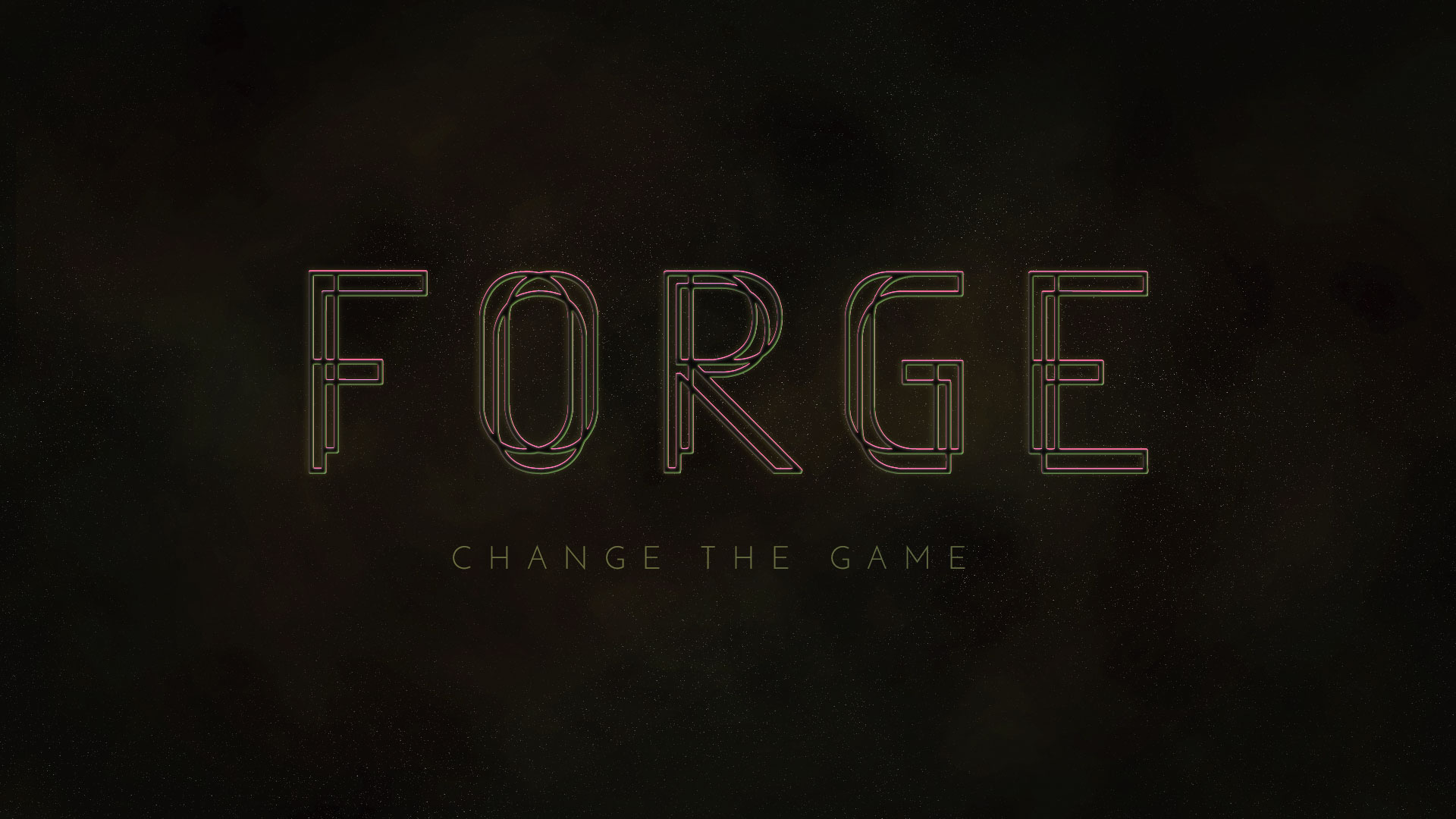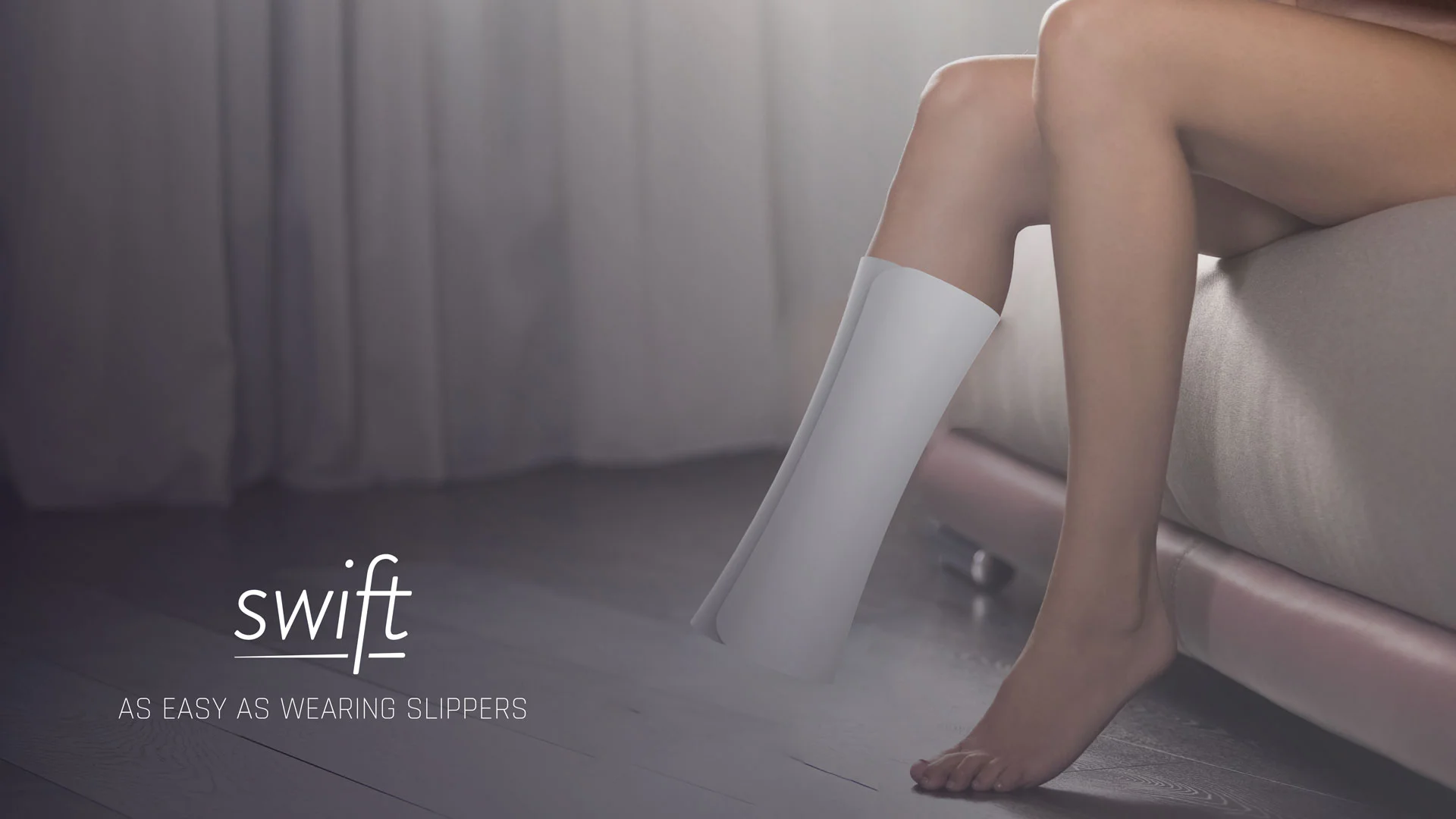UPGRADE: Designing for Access and Acceptability around Limb Loss and Limb Difference
The historical mindset towards people with physical disabilities has been one of pity and exclusion. While the notion of pity and exclusion is looked down upon in liberal societies, an understanding of what constitutes the objectification of people with disabilities, as well as a greater effort towards inclusion, is still not widespread. The voices of people with limb loss and limb differences (LL/D) are not part of an extensive ongoing conversation about their rights, needs and wants. Through her thesis Upgrade, Adya aims to create the conditions that lead to more open conversations about and with people with LL/D and their acceptance in society, as well as easier access to products and services that improve their quality of life.
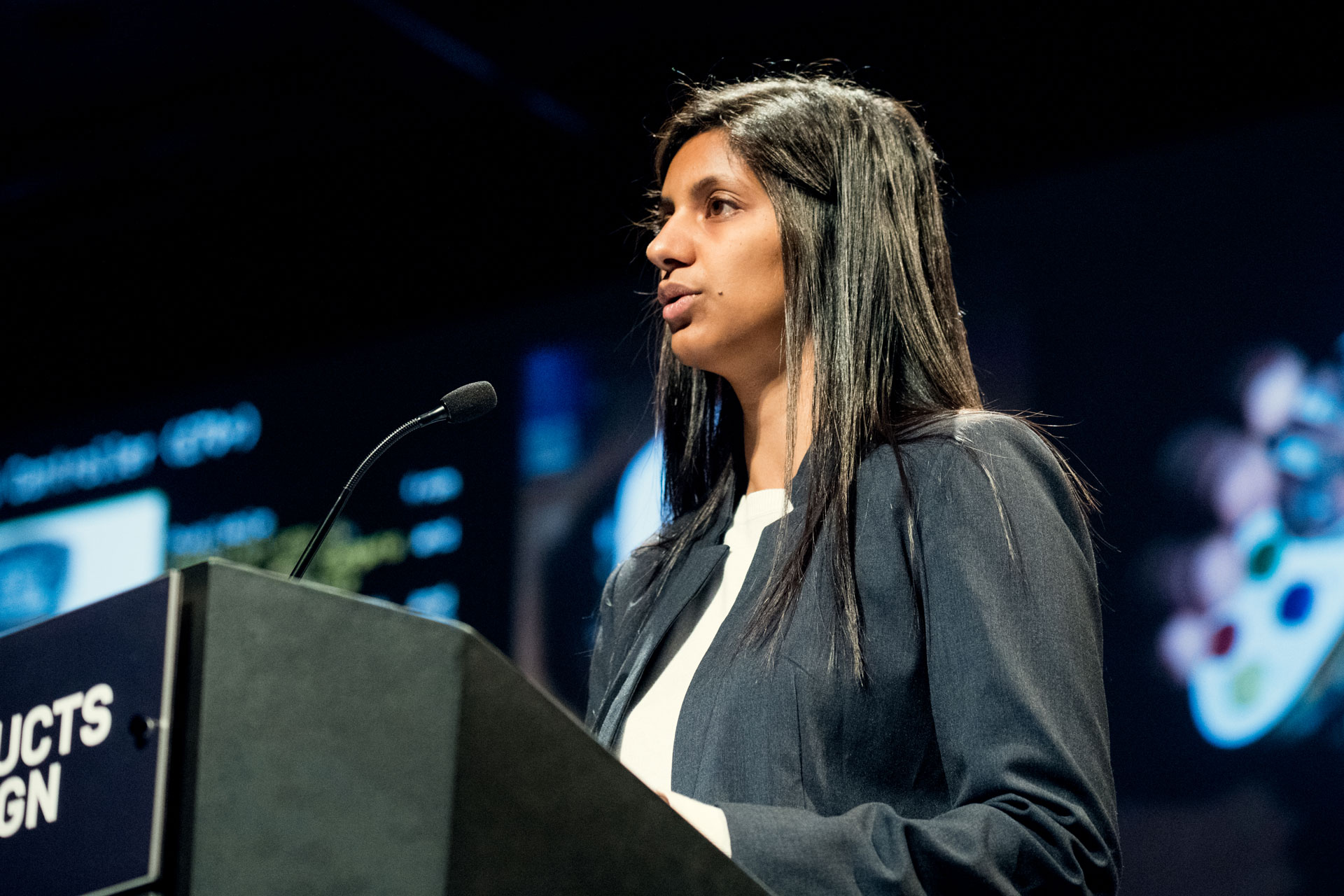
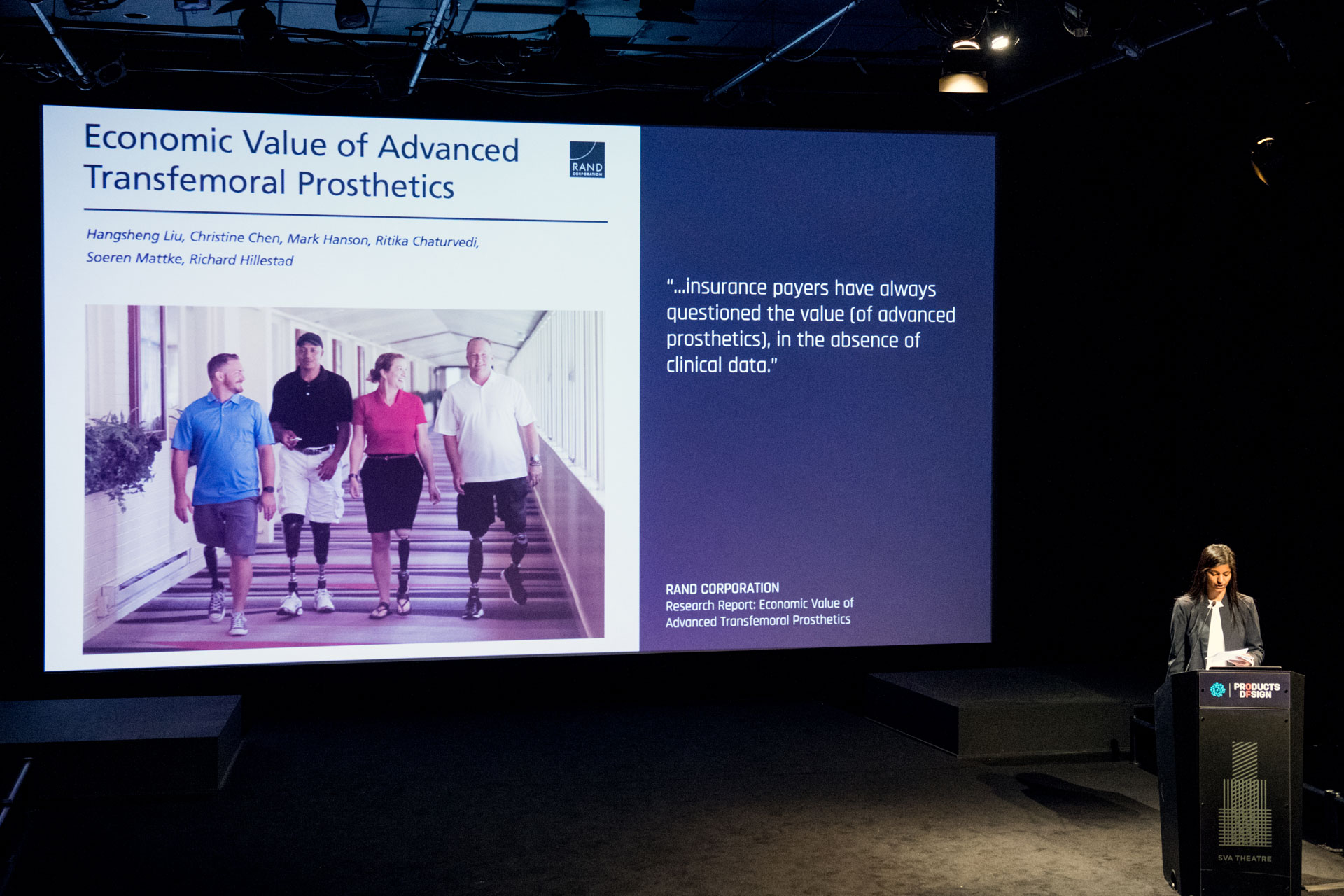
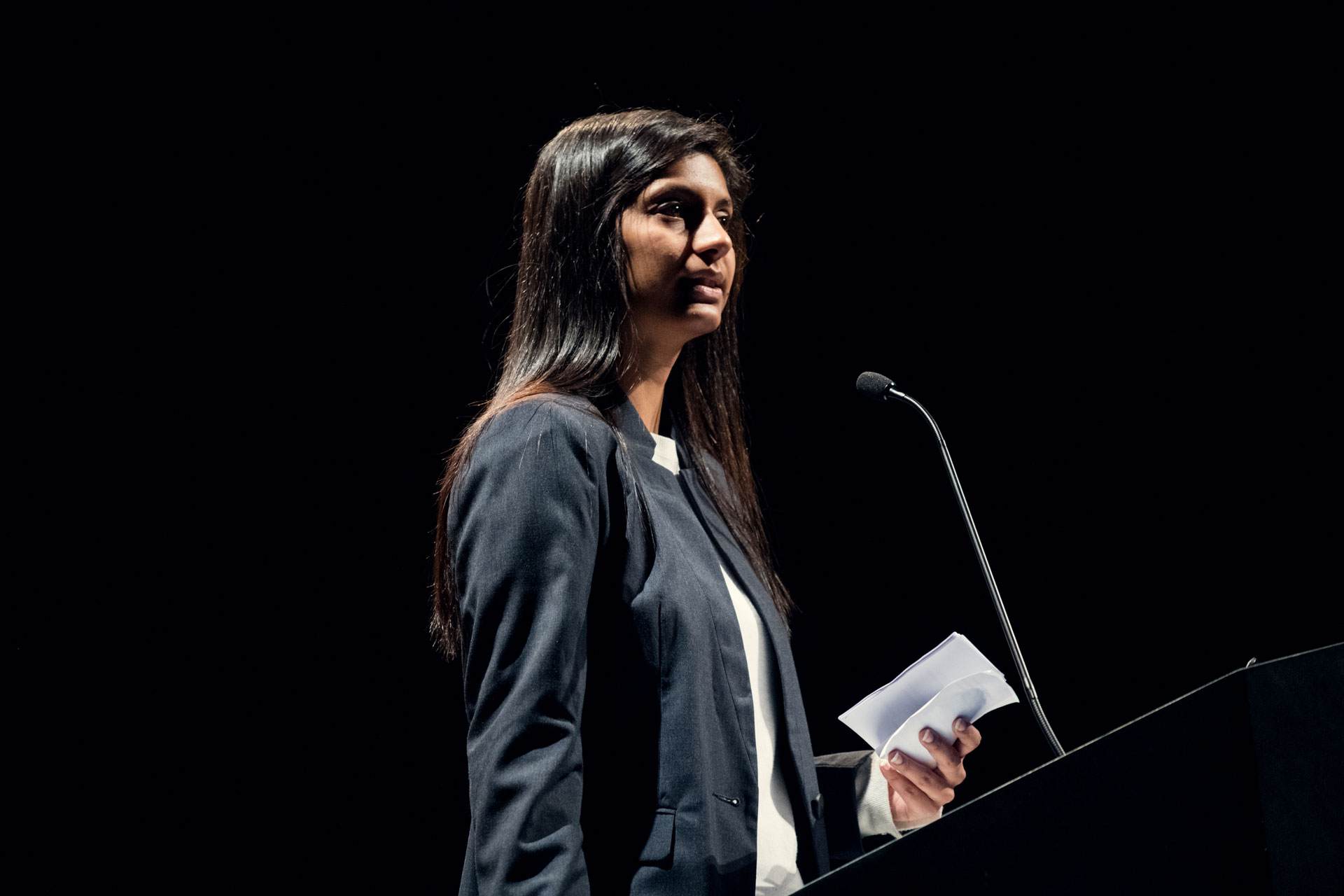
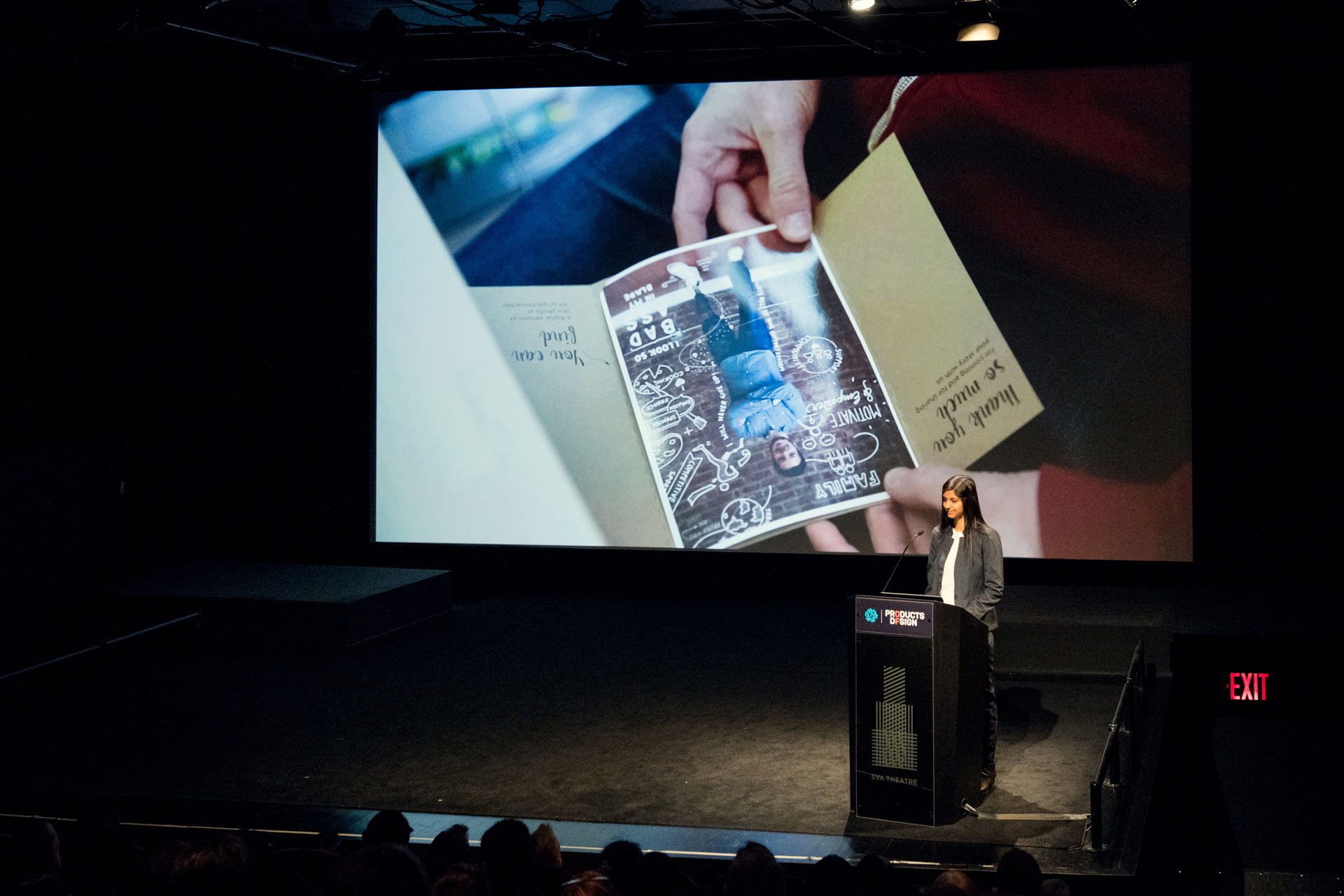
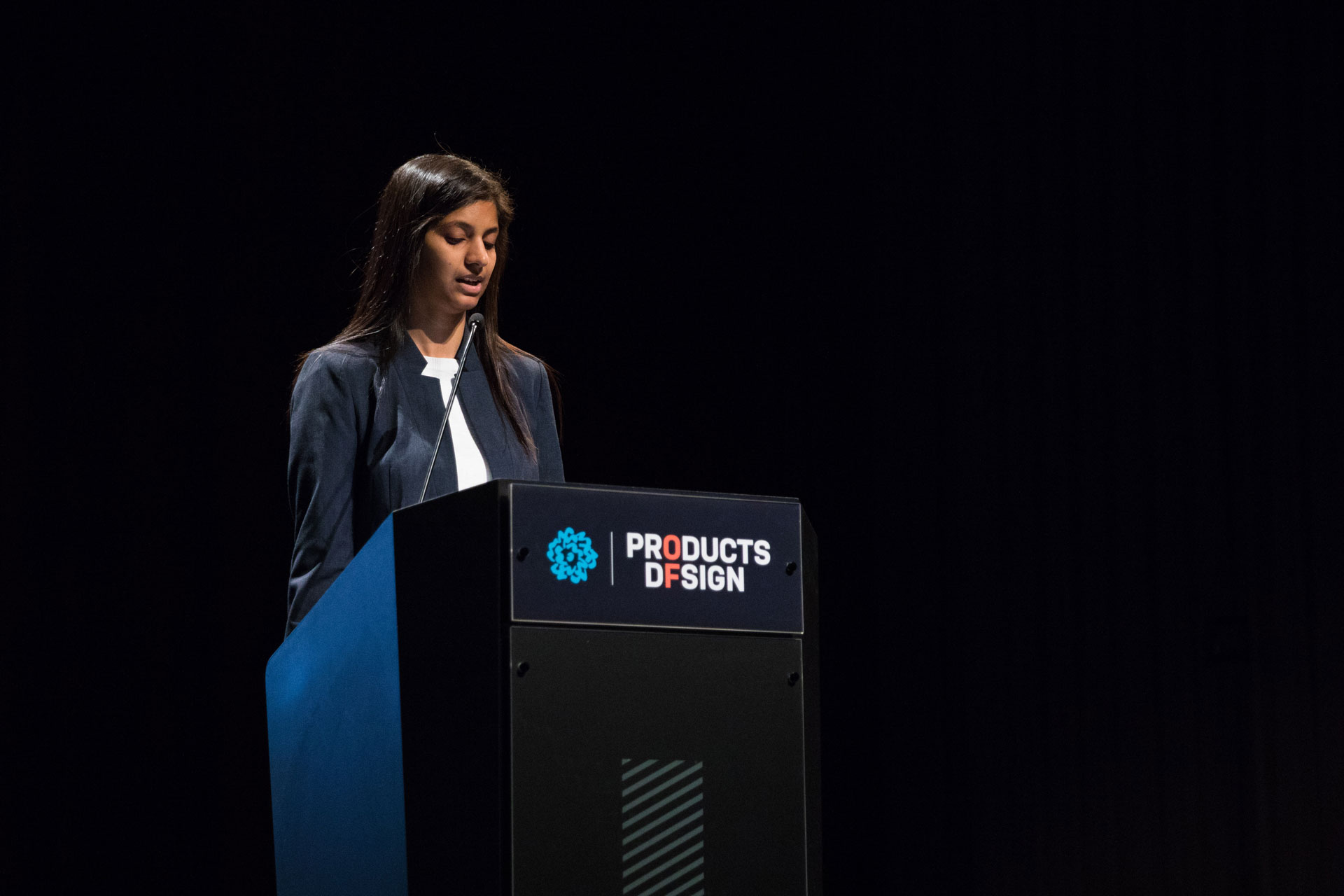
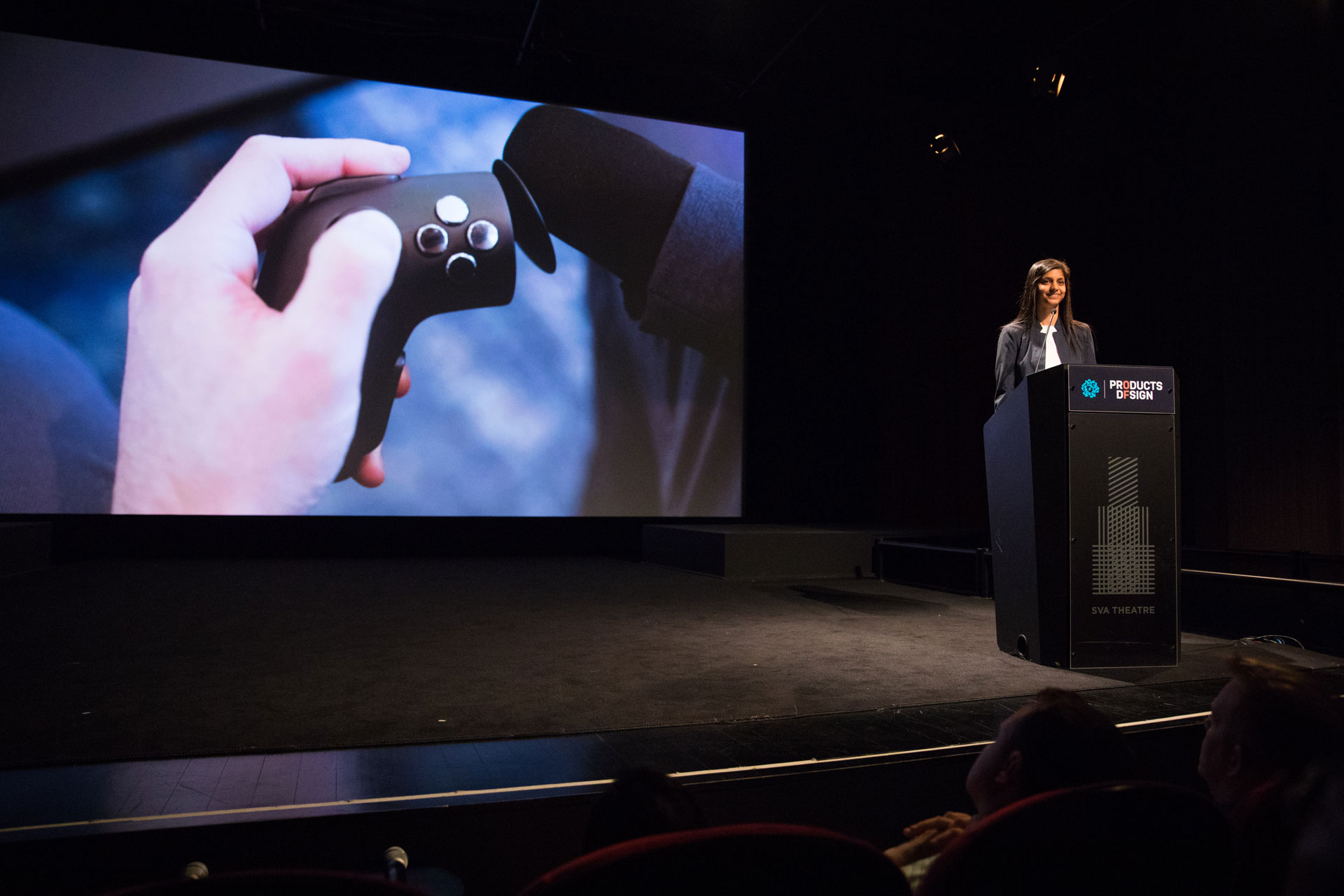
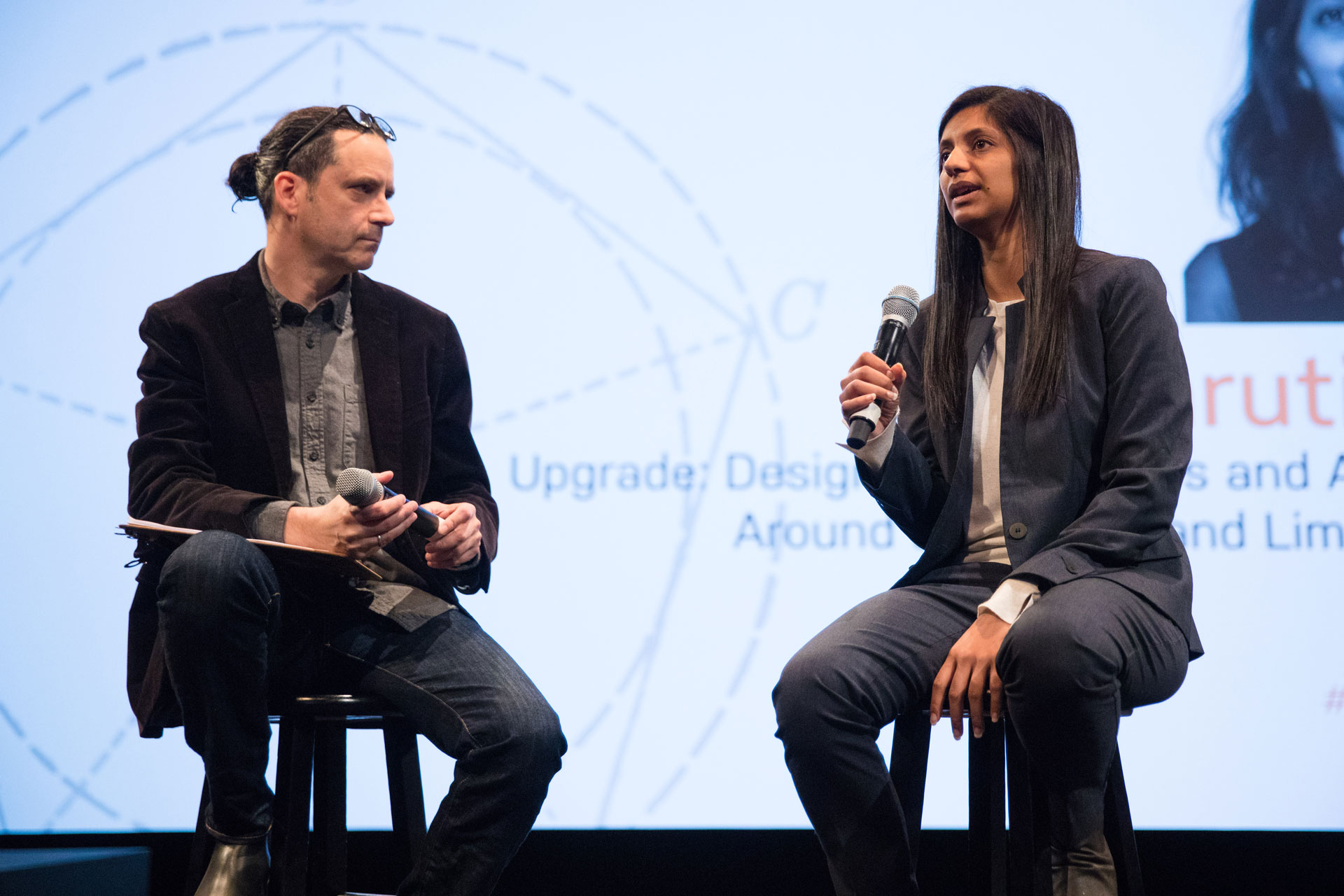
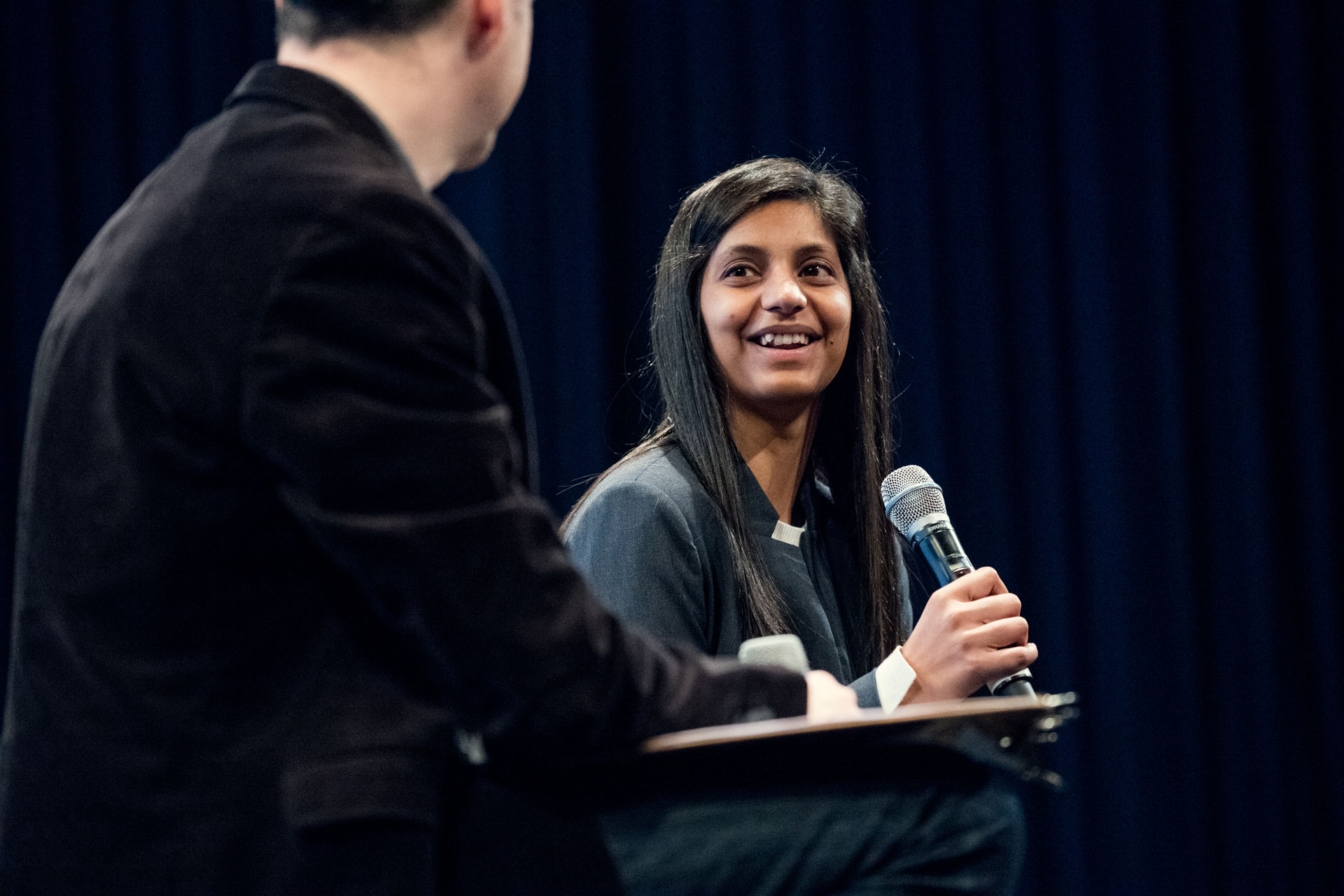
Adya initially became interested in this field in 2011 when one of her oldest friends—Manasi—lost her left leg in a road accident. Adya became aware of the immense cost—both time and financial—that is required to get a prosthetic leg. As part of her research process, she read many books, blogs and articles, and also talked to people with LL/D, prosthetists, innovators, disability advocates, physical and occupational therapists, and people bringing attention to the experiences of people with LL/D. She quickly became aware of the huge gap between prosthetic innovations happening in research labs and the lived experiences of people who would benefit most from them, and the difficulty in getting access to these products. The World Health Organization (WHO) estimates there are about 30-100 million people in the world with limb loss, but only 5-15% of them have access to any kind of prosthesis. She asked herself the question, “How can we leverage the power of design to create products and services that are accessible to people with limb loss all around the world?”
Swift
Swift is an arm-free crutch for individuals with a below-knee amputation. With a padded lining on the inside, it acts as a convenient and easy-to-use prosthetic device for in-home mobility.
Bionic Café
Bionic Café is a cooperative café owned and run by prosthetics-users and people with limb impairments. To address the gap in employment for people with LL/D, the café will be started by a group of prosthetic users and later recruit new members through employment exchanges, outreach to prosthetic companies, and online support forums. Employees will also gain access to healthcare plans suitable for their needs. Bionic Café will provide a casual setting that encourages interaction between users and non-users of prosthetics, and through these interactions, prosthetic users can be seen as contributing members of society—people first, disability second.
OPolitical
OPolitical is an app and website platform that aggregates and visualizes the economics of prosthetic use to provide data points for policy-makers, and help them enact better healthcare laws appropriate to the benefits of using prostheses. Insurance companies tend to deny coverage for advanced prostheses by calling them “experimental.” Through visualizations based on real-life data, policies can mandate insurance companies to provide continued coverage for microprocessor based prosthetics—including repairs and replacements.
Guide
Guide is a digital platform that enables remote prosthetic service for people living in rural villages and towns around the world. It connects people with limb loss in remote areas to prosthetic clinics in urban centers through an app. Through partnerships with local grocery stores and the trucking companies that deliver goods to them daily, Guide leverages these existing infrastructures to transport the prostheses from an urban prosthetic clinic to smaller villages and towns. The app also helps create peer-to-peer support and learning among users.
Forge
Forge is a video game controller for people with upper limb impairments who choose not to use a prosthetic hand. Flipping one of the joysticks on the side, Forge enables the user to play with one hand and the residual limb on the other. With this project, Adya envisioned a product that went beyond the basic necessities in order to change the culture around designing universal and inclusive products.
Imag(in)e
Imag(in)e is a visual storytelling experience for people with limb loss and limb differences. These stories are important to share in order to raise awareness around the needs and experiences of people in LL/D community. Participants were invited to have conversations with the hosts based on multiple aspects of their life (not just their disability). These stories were illustrated in realtime by a digital artist. Adya deliberately chose this style of visual narrative to intertwine both current and future visions of the self. She strived to combat ableism through better representation, access, and imagination.
To learn more about Smruti Adya’s work, take a look at her projects in more detail on www.smrutiadya.com. To contact her about work opportunities or provide feedback and comments on her work, send a note to smruti.adya@gmail.com.




